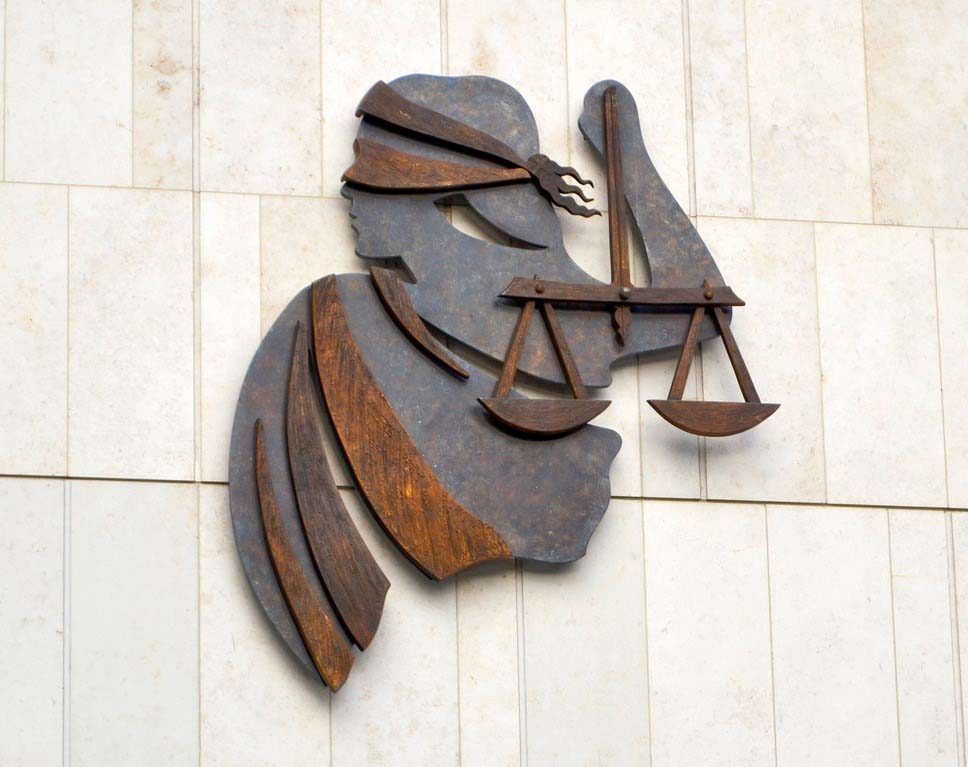
An international human rights group has expressed concern over allegations that three Filipino men convicted of espionage in Qatar were tortured while in custody here.
Amnesty International is urging a full investigation into the matter, ahead of the trio’s next appeal hearing on Monday.
One defendant, reported to be a lieutenant in the Philippines state security force who worked as a budgeting and contracting supervisor at large state-owned Qatari company, was sentenced to the death penalty last April.
The other two men worked as technicians for the Qatar Air Force and were handed life sentences in prison.
The men are reportedly accused of providing information to intelligence officials in the Philippines between 2009 and 2010 about Qatar’s aircrafts, weaponry, maintenance and servicing records, as well as specific details about the names, ranks and phone numbers of staff members.
The Philippines government has strongly denied those charges, and defense counsel has said that procedural errors, including torture, would be part of the appeals case.
Solitary confinement
In a statement, Amnesty said one of the defendants facing a life sentence spent over four years in solitary confinement in Qatar, and was repeatedly tortured during this time.
The advocacy group asserted that after Ronaldo Lopez Ulep’s arrest in April 2010, he spent eight months in detention in a state security prison, during which “he was burned with cigarettes on his back and legs, stripped naked and forced to crawl around on the floor until his knees bled, and was frequently punched and slapped. He was then forced to sign a document in Arabic, which he could not read, that was later presented in court as a ‘confession.'”

During his years in solitary confinement, he was allegedly only allowed out of his cell two to three times a week for 15 minutes at a time. After three years, he was allowed to leave the cell once a day per a doctor’s recommendation, the group said.
Amnesty added that it had tried to raise the issue with Qatar authorities twice over the past six months, but has received no response.
It has also reached out to the Philippines Embassy here.
In a statement, Deputy Director of Amnesty’s Middle East and North Africa Program Said Boumedouha said:
“If the Qatari authorities want to prove they are serious about having a transparent judicial system and tackling human rights violations, then instead of turning a blind eye to this case they must immediately announce a full investigation into torture allegations and review the way the lower court trial was conducted.
Suspected perpetrators of torture or other serious human rights violations must be brought to justice in fair trials, and victims should be afforded full reparation.”
Since the appeals case began last May, hearings have been either very brief or repeatedly postponed. The next hearing is expected to be held on March 9.
Thoughts?







